مقدمة
- Understanding Corrosion Probes
Hydrogen probe monitoring is an online monitoring method for corrosion detection. By measuring the amount of hydrogen produced during the corrosion process. The principle is to measure the volume of hydrogen atoms that permeate the material and combine to form hydrogen molecules. Pressure hydrogen probe, which measures the volume of hydrogen atoms that have permeated the material and bonded to form hydrogen molecules. Another example is the vacuum hydrogen probe, which ionizes the hydrogen atom penetrating through the material and measures the current of RT ionization to calculate the hydrogen amount. By measuring the amount of hydrogen, you can calculate the size of the corrosion.
- Importance of Corrosion Monitoring in Industry
Corrosion monitoring holds critical value in various industries. It helps predict equipment life and prevent failures. Industries rely on it to ensure safety and reliability. Monitoring detects corrosion rates in real time. This allows for timely maintenance and repair actions.
Regular monitoring minimizes unplanned downtime. Factories save money by avoiding costly breakdowns. It also extends the life of machinery and infrastructure. Companies use data from monitoring to make informed decisions. This data guides the selection of materials and protective coatings.
Monitoring impacts environmental protection efforts. It helps prevent spills and leaks caused by corrosion. This is essential for compliance with environmental regulations. Corrosion monitoring also contributes to sustainable resource use. It does so by optimizing material consumption and waste reduction.
Overall, corrosion monitoring is a foundational practice. It supports the longevity and efficiency of industrial operations.
Description of Corrosion Probes
Temperature is one of the most controllable factors influencing corrosion rates in refineries, and chemical, and petrochemical process plants. A rule of thumb is that for every 10 degrees Celsius increase in temperature, the rate of corrosion doubles. The ability to simultaneously track temperature and corrosion rates is a powerful tool for the corrosion management of these plants.
The patented Electrical Resistance (ER) measurement probe series allows for the simple collection of metal loss and temperature information at crucial corrosion monitoring points. By using an ER temperature probe, you won’t need to spend time looking for a separate temperature measurement that may not even exist for the area you’re monitoring.
Applications of Corrosion Probes
Oil and Gas Industry Use-Cases
Corrosion probes are vital in oil and gas. They monitor pipelines and storage tanks. Probes help predict leaks and spills. This ensures safe operations and protects the environment. Companies also use them to plan maintenance. They keep equipment running smoothly and avoid shutdowns.
Application in Water Treatment Plants
Treatment plants use probes to guard against pipe corrosion. Clean water depends on this constant vigilance. Probes help reduce repair costs and maintain water quality. They also ensure compliance with health and safety standards.
Corrosion Monitoring in Marine Environments
Ships and offshore platforms face harsh conditions. Saltwater accelerates corrosion significantly. Probes help track the condition of hulls and structures. This allows for timely repairs and prevents accidents at sea.
Use in Chemical Processing Industries
Probes in chemical plants check for corrosion that could lead to leaks. They safeguard against chemical spills and workplace hazards. Monitoring helps maintain the integrity of reactors and vessels. This keeps production lines safe and efficient.
أسئلة مكررة
What is the lifespan of a typical corrosion probe?
The lifespan of a corrosion probe can vary. It usually ranges from a few months to several years. This depends on the operating environment and the type of probe. Regular maintenance can extend a probe’s life.
How often should corrosion probes be replaced or serviced?
Service intervals for corrosion probes depend on their usage and environment. It’s best to check them every 3 to 6 months. Replace as needed based on wear or when performance drops.
Can corrosion probes be used in any type of environment?
Corrosion probes work in most environments. But, extreme temperatures, pressures, or corrosive conditions require specialized probes. Always match the probe to the environment for the best results.
How do you ensure accurate readings from corrosion probes?
To ensure accuracy, calibrate probes regularly. Follow manufacturer guidelines for installation and maintenance. Use proper data logging and analysis tools to interpret the readings.
Are there any industry standards for corrosion probes?
Yes, industry standards for corrosion probes exist. Standards such as ASTM G1-03 and ASTM G4-01 provide guidelines. These cover the design, installation, and use of corrosion monitoring systems.
خاتمة
In conclusion, corrosion probes play an indispensable role in industrial safety and efficiency. The ability to detect and monitor corrosion through various types of probes—including hydrogen and Electrical Resistance (ER) probes—enables industries to prevent catastrophic failures, optimize maintenance schedules, and extend the operational life of critical assets. By incorporating temperature measurement, ER probes offer a comprehensive solution to managing corrosion, which is particularly valuable given the significant impact temperature has on corrosion rates.


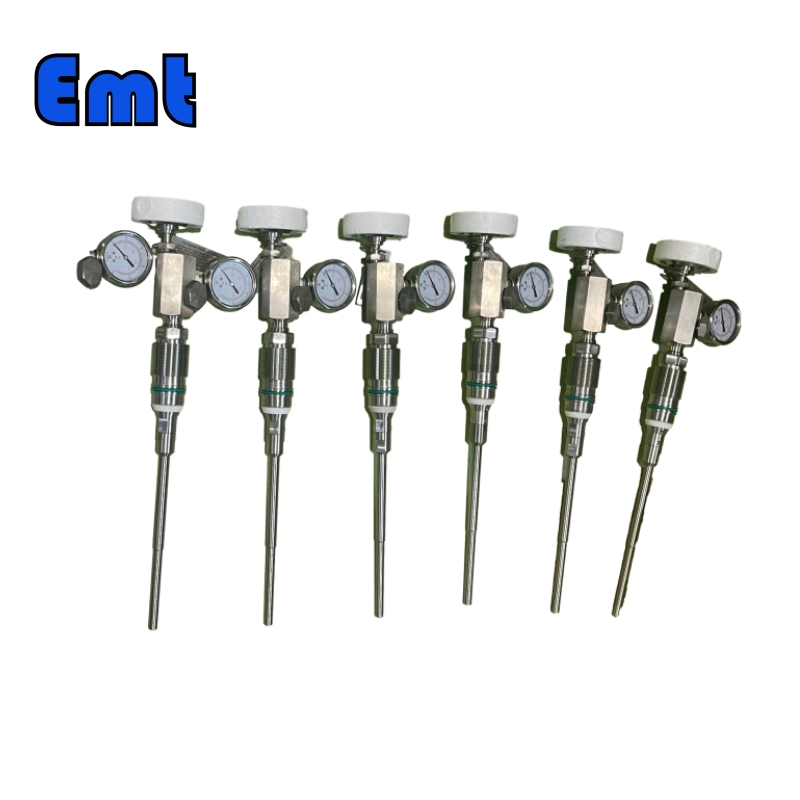
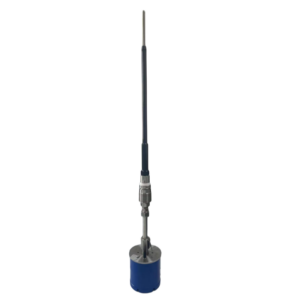
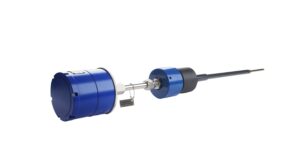
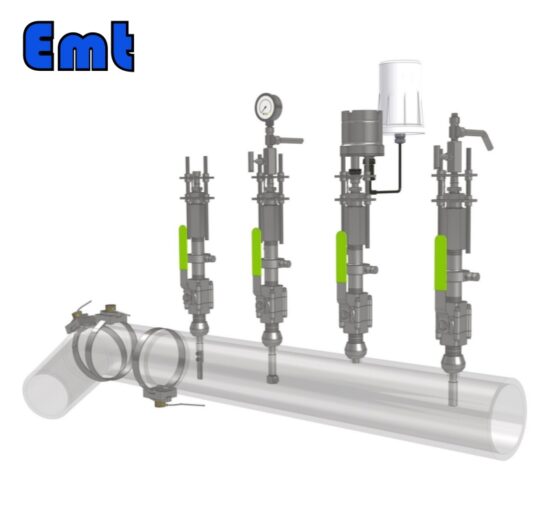
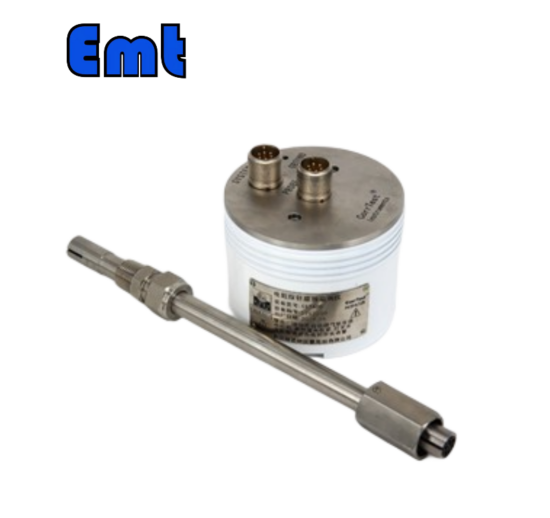
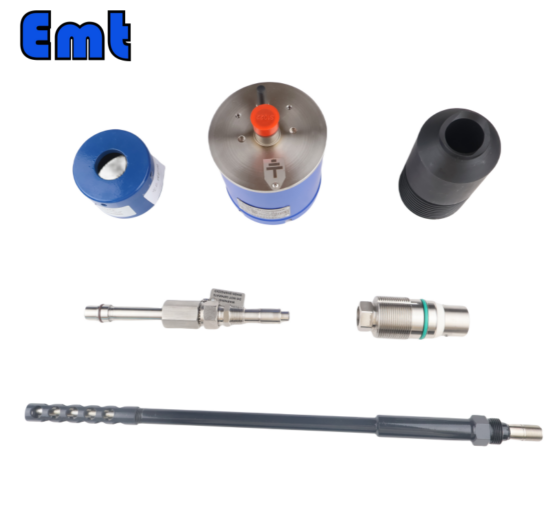
لا توجد مراجعات بعد.